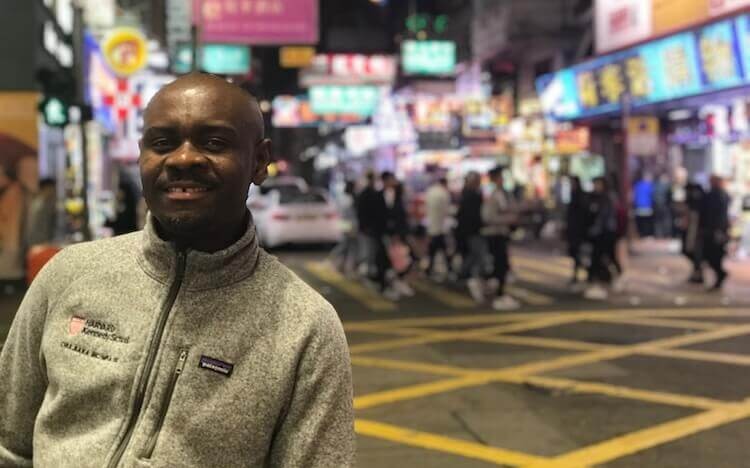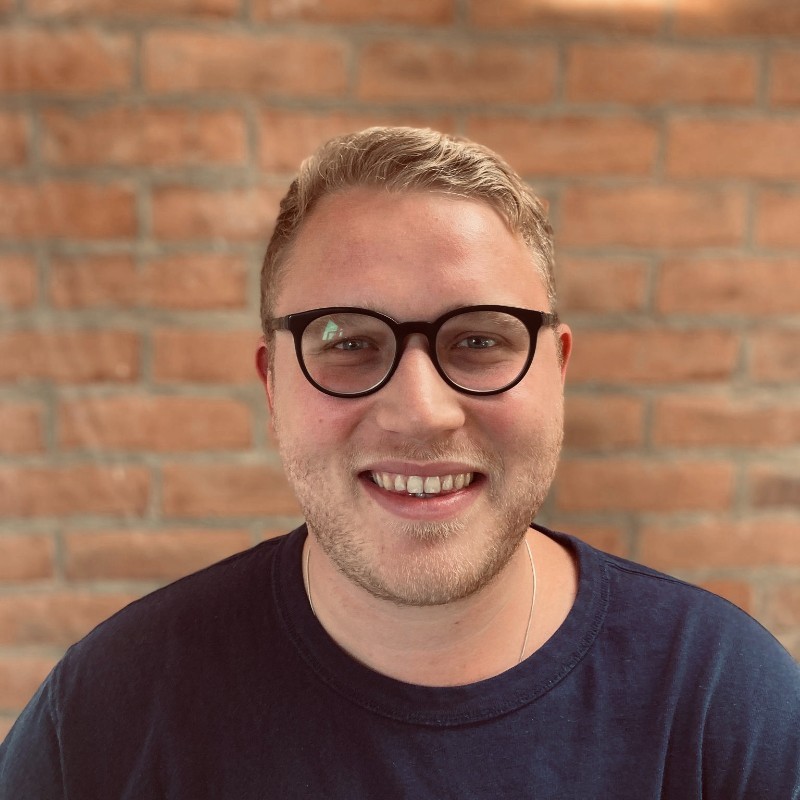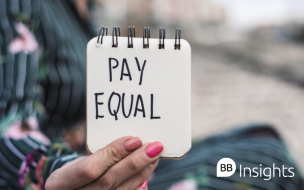The missing piece? Nigeria, Africa’s powerhouse economy, holding out for fear of the negative impact on its booming manufacturing and services industries.
Large oil reserves causing rapid growth meant that Nigeria overtook South Africa as the continent’s biggest economy in 2014. A vast youth population—the world’s third largest after India and China—will likely propel further growth.
For MBA students, Africa and Nigeria hold an attractive value proposition.
“Most economies in Africa are emerging markets. I think this is the only continent that challenges you to think deeply and differently in solving the numerous challenges that our society, as well as businesses, are faced with,” outlines Dr Uchenna Uzo, MBA Director at Lagos Business School (LBS).
An entrepreneur looking to give back
When Paul Orajiaka (pictured) found out that his visa to study a bachelor’s in the US had been denied, his journey into education seemed to have ground to a halt.
Instead, Paul began what would be his long foray into the world of toys, buying locally crafted toys and selling them to major supermarkets across Nigeria.
Slowly but surely, Paul built this business into Auldon Ltd, one of Africa’s biggest toy trading companies with annual revenues of over $10 million. It begs the question—why did he bother doing an MBA?
“My uncle urged me to return to school to gain the exposure and skills to help lift my business to the next level,” Paul remembers.
First, he pursued a Master’s in Management; then, having seen the practical outcomes of education on his business, he took one step further with an MBA at Lagos Business School.
LBS appealed over international schools—“The programmes are tailored to address the challenges that are peculiar to Nigeria.”
This specialised knowledge gave Paul’s company the expertise that fueled exponential growth. Courses in financial decision-making and sales behaviour, Paul notes, allowed his business to grow from a $500k turnover to $10 million between 2010 and 2018.
LBS has a particularly strong emphasis on training “ethically and socially responsible leaders”, Uchenna underlines.
One course on entrepreneurship demonstrated to Paul the fallacies of a purely profit-driven business—a message that he then applied to Auldon Ltd in real life.
“Our business model today is social impact-driven, undertaking loads of local social investment initiatives while staying profitable,” Paul highlights.
They provide employment for apprentices from the local Lagos State Technical College, as well as impoverished local women and disabled citizens, empowering them with the skills to make dresses for the Unity Dolls for which the company is famous.
“I want to change the narrative of African business, and hope that our story inspires millions of other African youth to strive and believe in endless possibilities,” Paul enthuses.
A career leap to partner level
Nneka Eluma’s enthusiasm for the emerging market in Africa also contributed to her decision to study an MBA in Nigeria.
“There is so much capacity for growth in Africa, from the huge infrastructure needs to the growing population,” Nneka proclaims.
With over 10 years of experience as an auditor at leading accountancy firm, KPMG, Nneka was ready for her career to progress to the next level; the MBA programme at Lagos Business School was a natural step in her mind.
Her aim was to make herself stand out as a business advisor, and the MBA offered many chances to expand her toolkit. Over the 18-month programme, she was able to transform her regional understanding into a global understanding of the industry.
“Given that most of my career has been in a Nigerian business environment, and involves bringing global insights to my clients, I felt that the MBA gave me the opportunity to acquire value-adding knowledge,” Nneka reflects.
MBA students at LBS get consulting experience with small to medium-size enterprises, helping them to navigate the real-world challenges of the African economy.
“The programme is delivered through multiple learning activities that foster the problem-solving capabilities and analytical competencies of the participants,” Uchenna notes.
Nneka also took part in a student exchange to Nanyang Technical University in Singapore, where she gained international perspectives that were particularly useful in progressing her career.
Now a partner at KPMG, she is working in audit and financial advice as well as due diligence in the Nigeria office in Lagos. She hopes to bring her global knowledge back to her home country to take advantage of the exciting growth in Nigeria.
“I see myself involved in doing business in Africa for the long term,” Nneka professes, “This is where the action is!”









